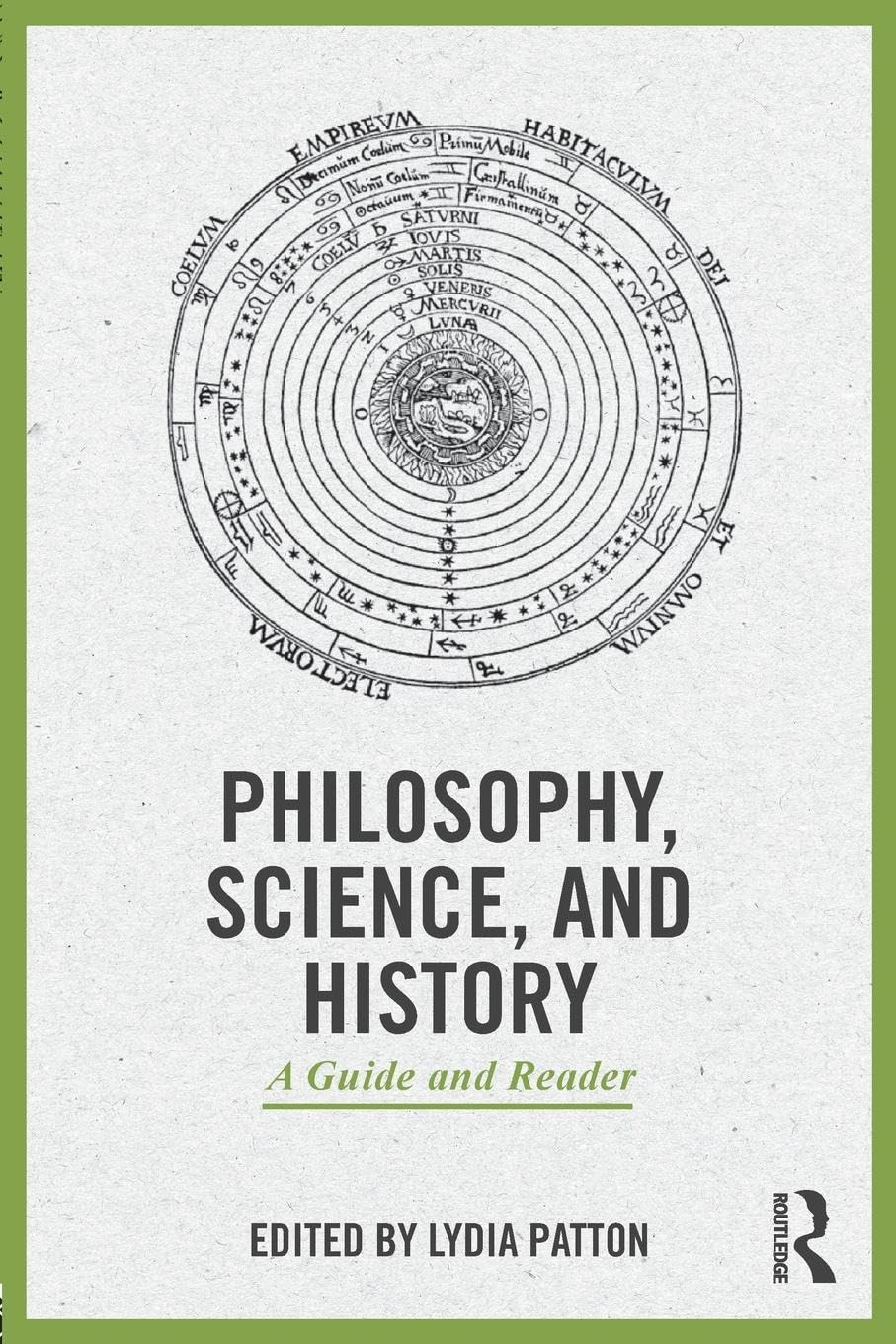Philosophy, Science, and History: A Guide and Reader
Philosophy, Science, and History: A Guide and Reader is backordered and will ship as soon as it is back in stock.
Couldn't load pickup availability
Genuine Products Guarantee
Genuine Products Guarantee
We guarantee 100% genuine products, and if proven otherwise, we will compensate you with 10 times the product's cost.
Delivery and Shipping
Delivery and Shipping
Products are generally ready for dispatch within 1 day and typically reach you in 3 to 5 days.
Book Details
-
Publisher: Routledge
-
Author: Lydia Patton
-
Language: English
-
Edition: 1
-
ISBN: 9780415898317
-
Pages: 482
-
Cover: Paperback
-
Dimensions: 8.9 x 6.0 x 1.1 inches
About The Book
Philosophy, Science, and History: A Guide and Reader, edited by Lydia Patton, is a comprehensive and insightful introduction to the history and philosophy of science, expertly designed for students, educators, and researchers alike. With its rich compilation of classical and contemporary texts, this reader not only lays a strong foundation in the field but also encourages critical thinking and innovative scholarly exploration.
The general introduction delves into key concepts such as scientific theory change, assessment, discovery, and pursuit — essential themes for anyone engaged in the philosophy of science. Part I revisits classic works of logical empiricism, including Reichenbach’s distinction between discovery and justification, and integrates influential texts by Kuhn, Santayana, Rudwick, and Shapin and Schaffer that connect HOPOS (history of philosophy of science) with the historical development of scientific ideas.
Part II expands into core debates across natural philosophy, featuring major thinkers like Descartes, Newton, Leibniz, Kant, Hume, and Émilie du Châtelet (with a new translation). It also covers topics such as the logic of induction, the Mill-Whewell debate, Duhem’s holistic philosophy, and Hanson’s perspective on scientific discovery. Discussions on catastrophism versus uniformitarianism are explored through the lens of figures such as Playfair, de Buffon, Cuvier, and Darwin.
Each section is prefaced with the editor’s scholarly introduction, offering modern insights and thematic bibliographies that guide readers toward engaging research questions and classroom projects.
This book is an indispensable resource for students of philosophy, science, and intellectual history, and a valuable teaching tool for courses aiming to bridge the gap between historical context and philosophical analysis.





